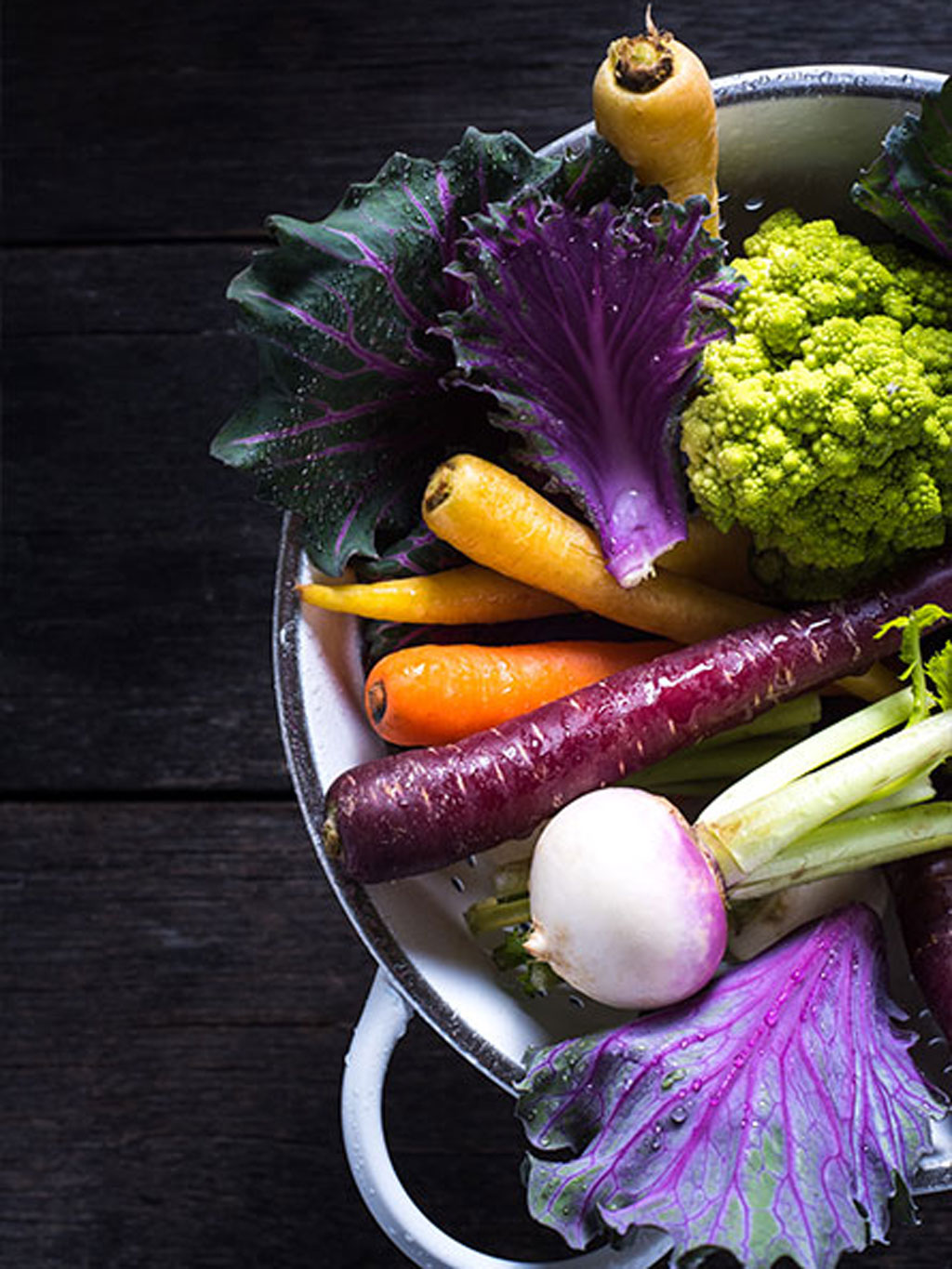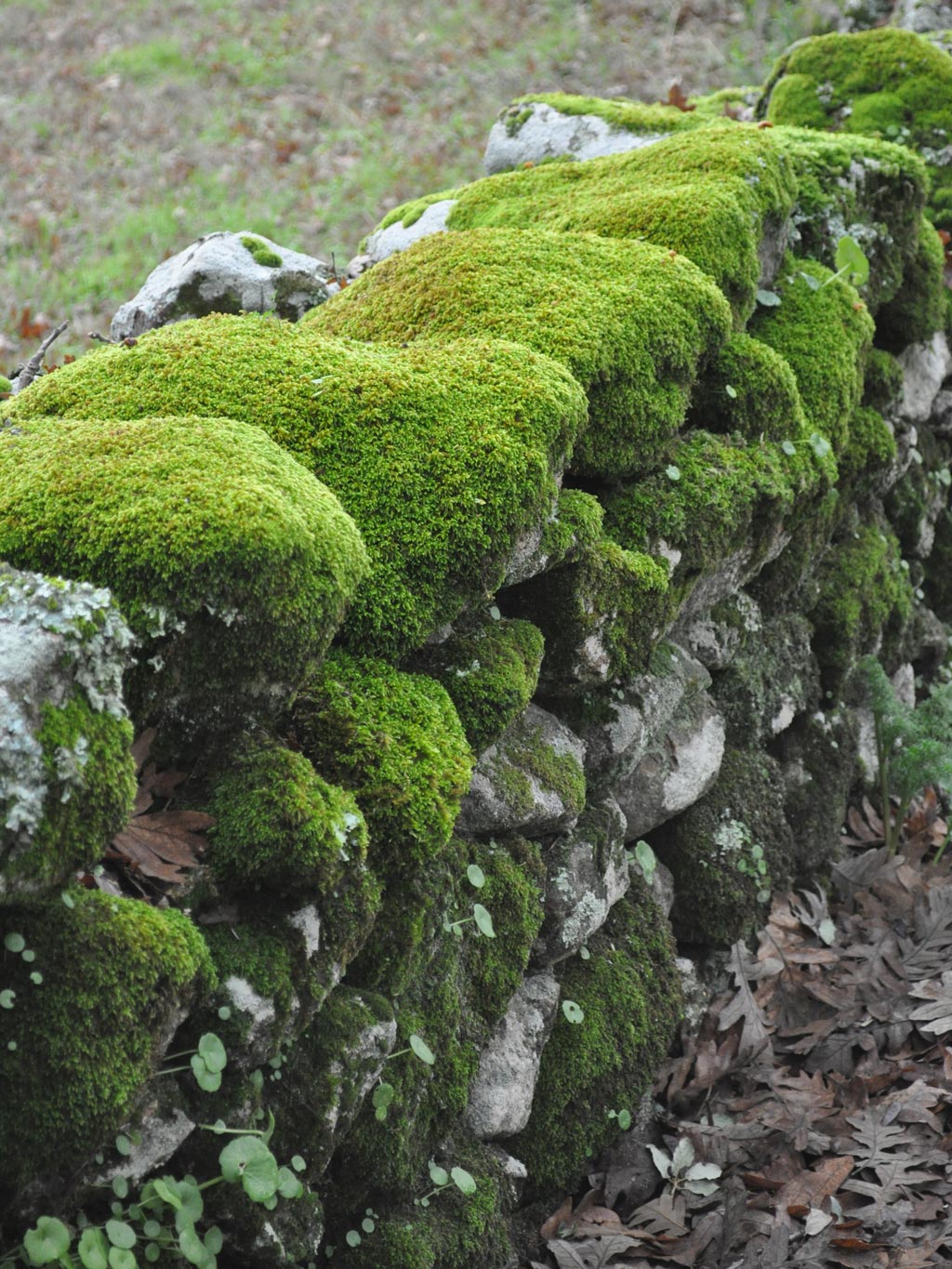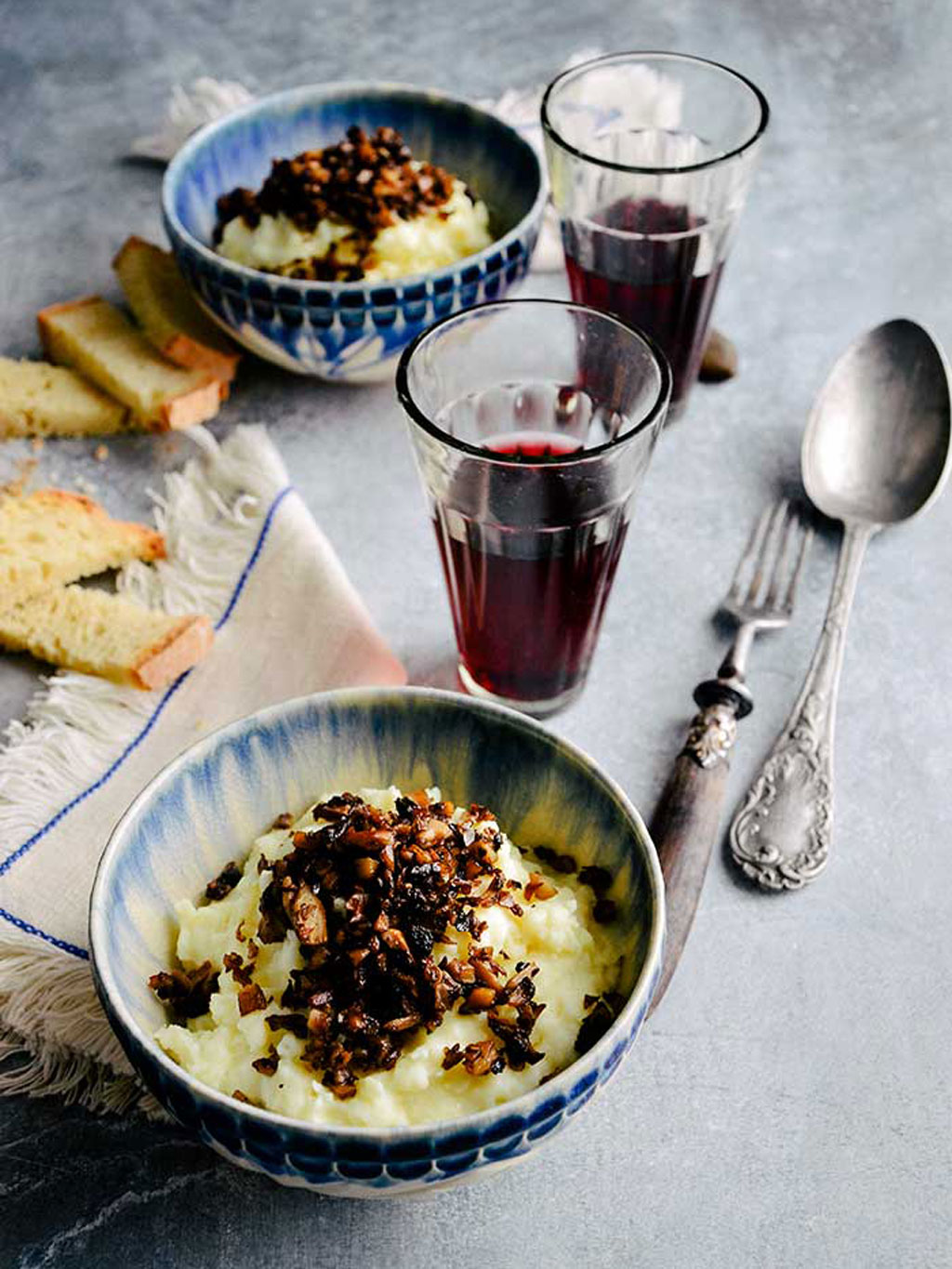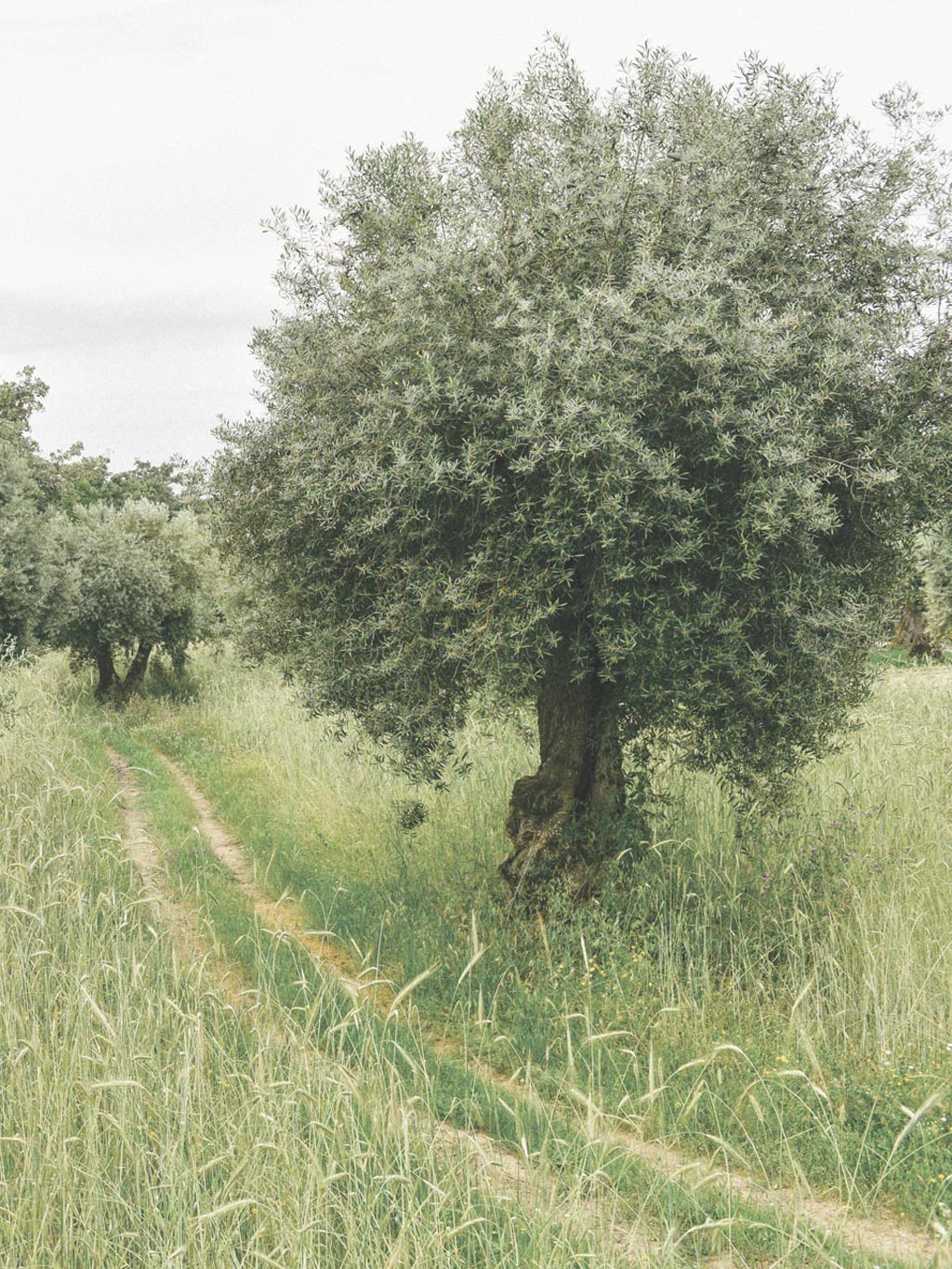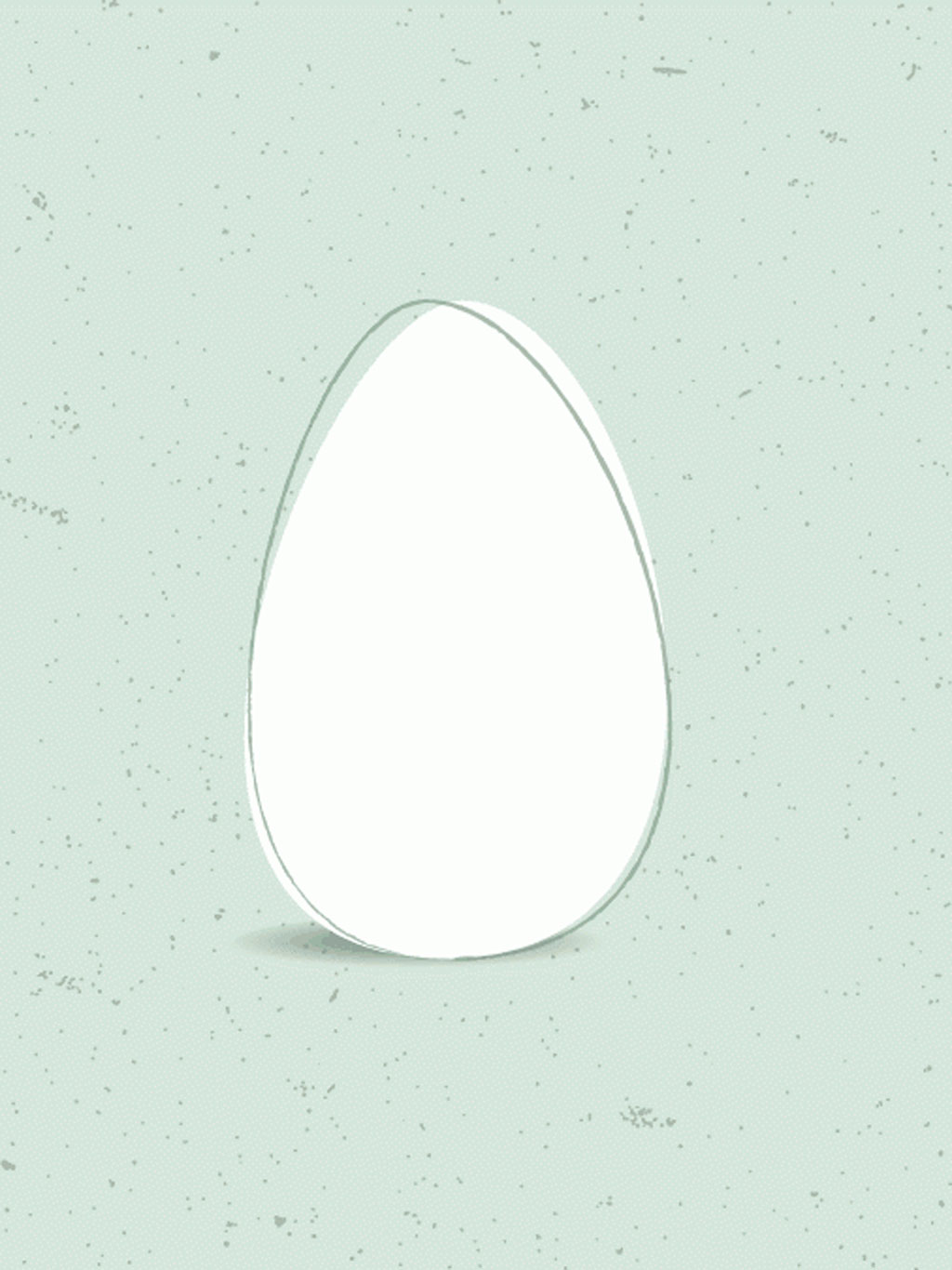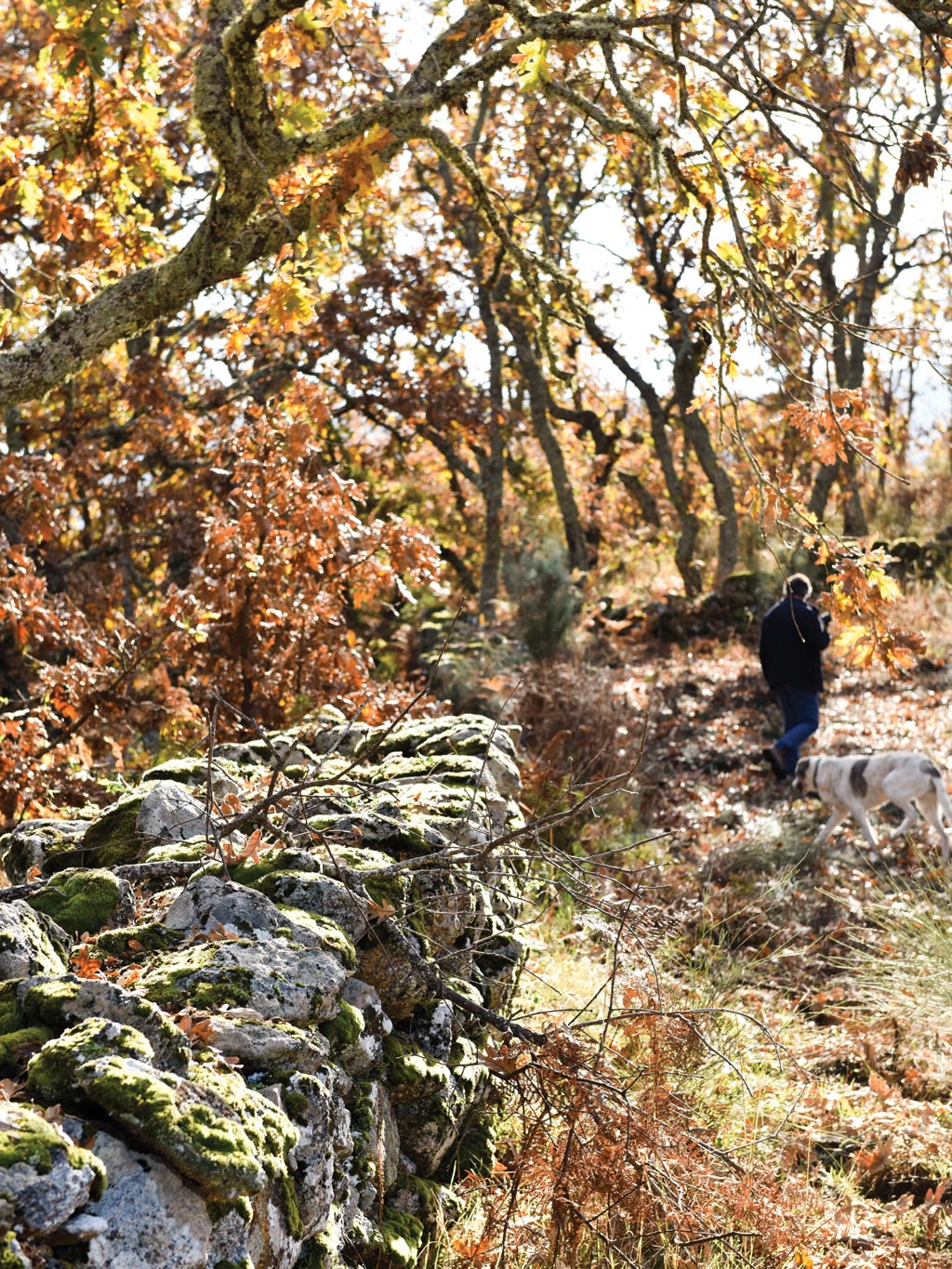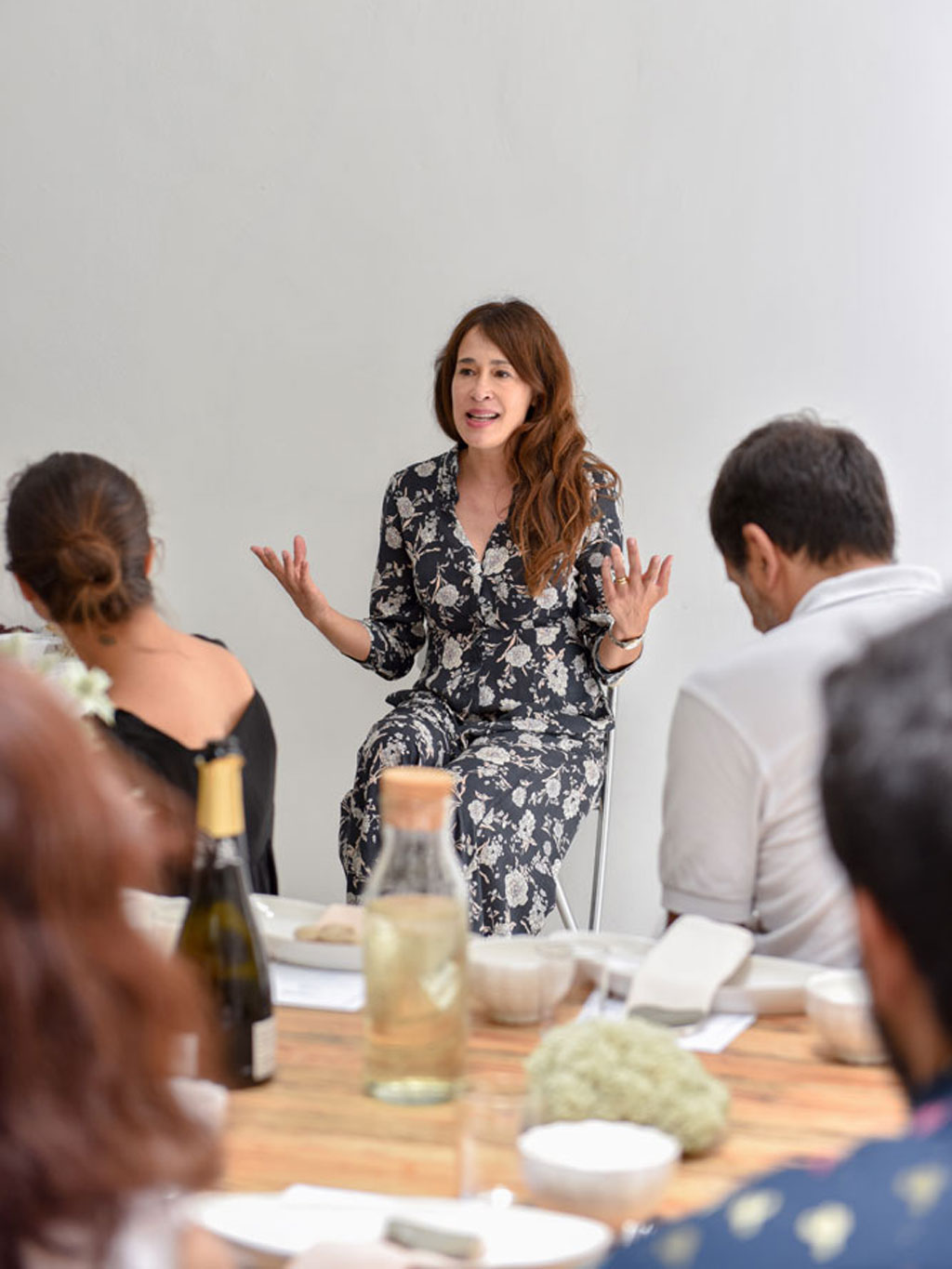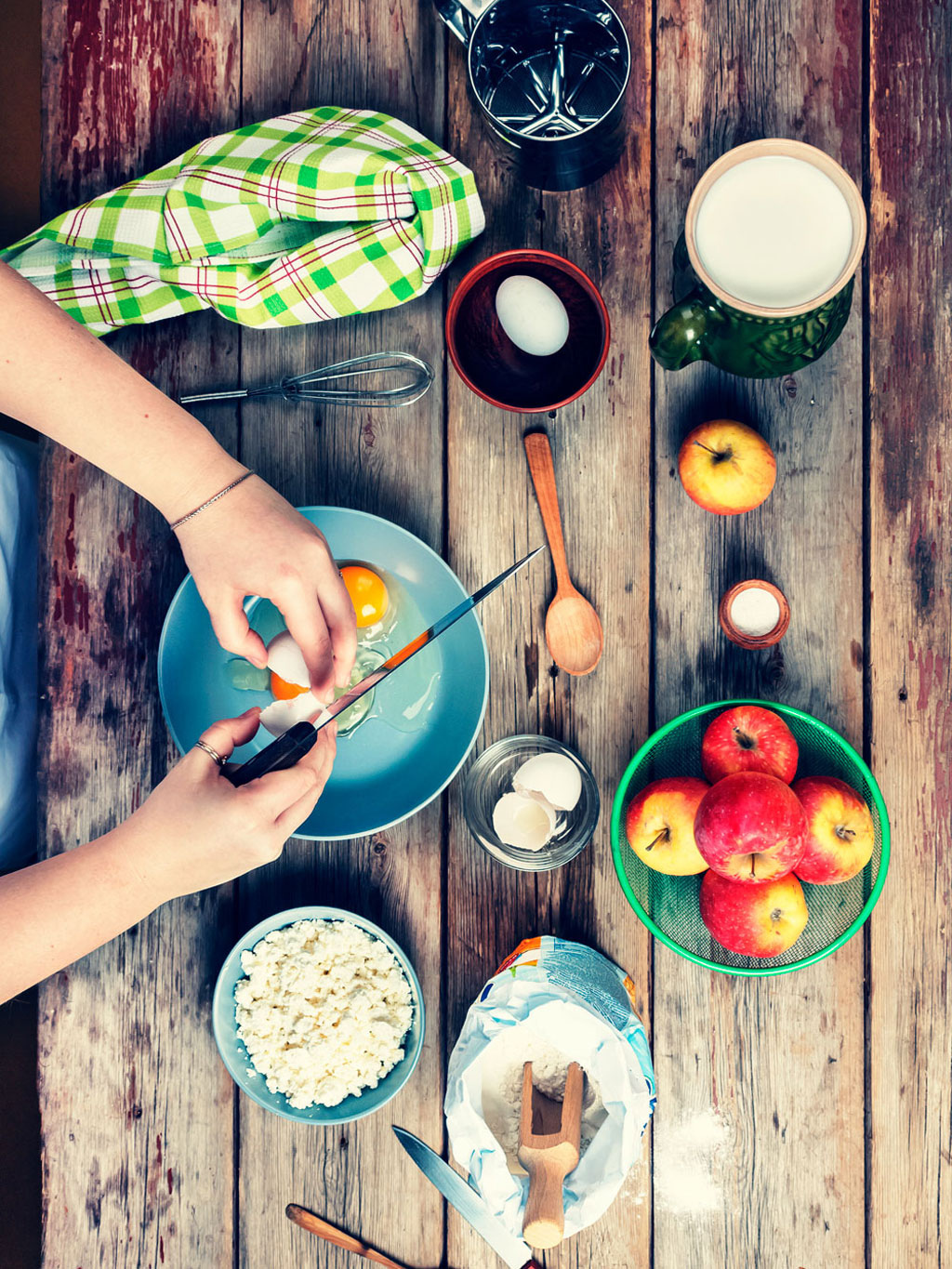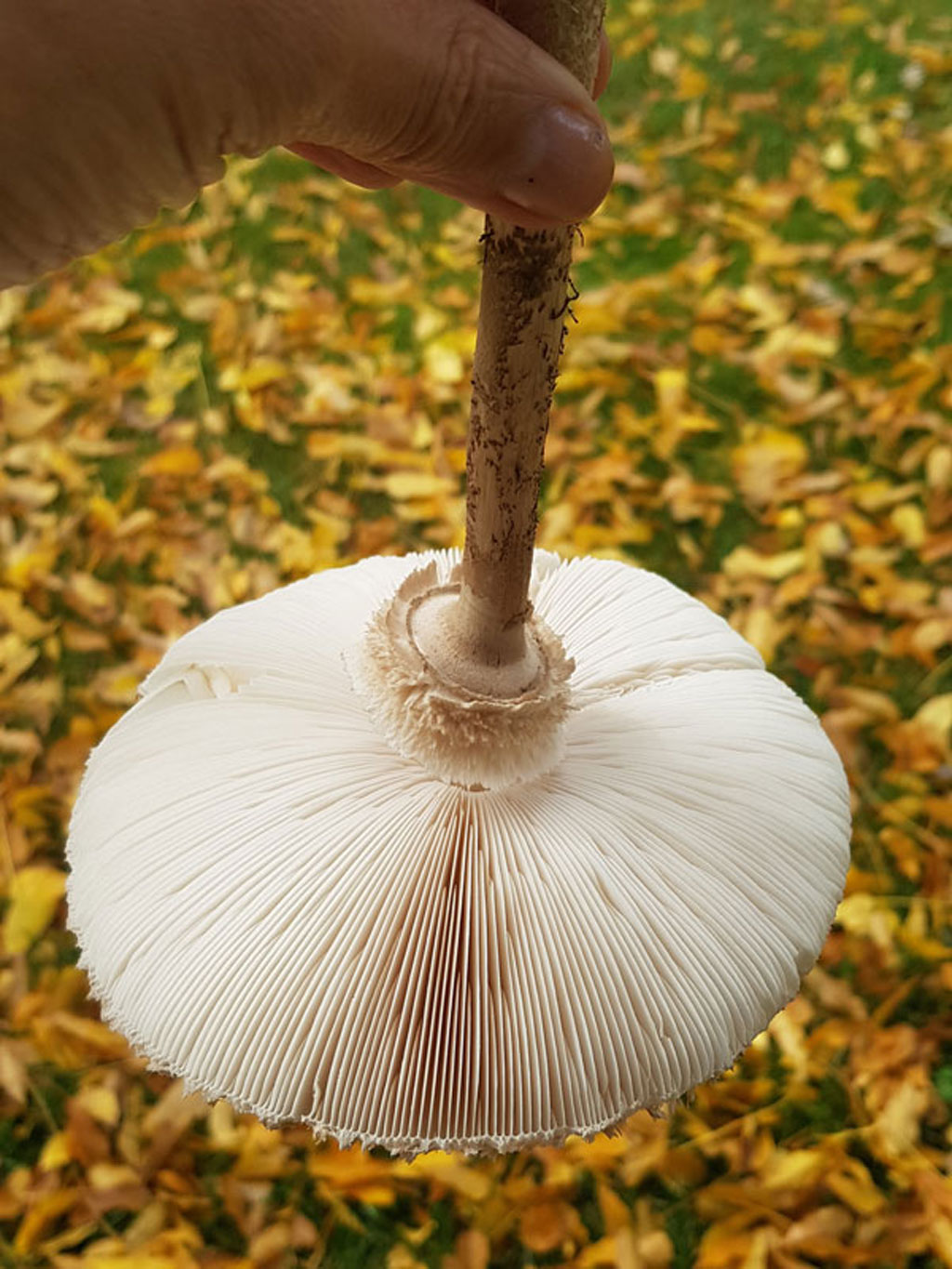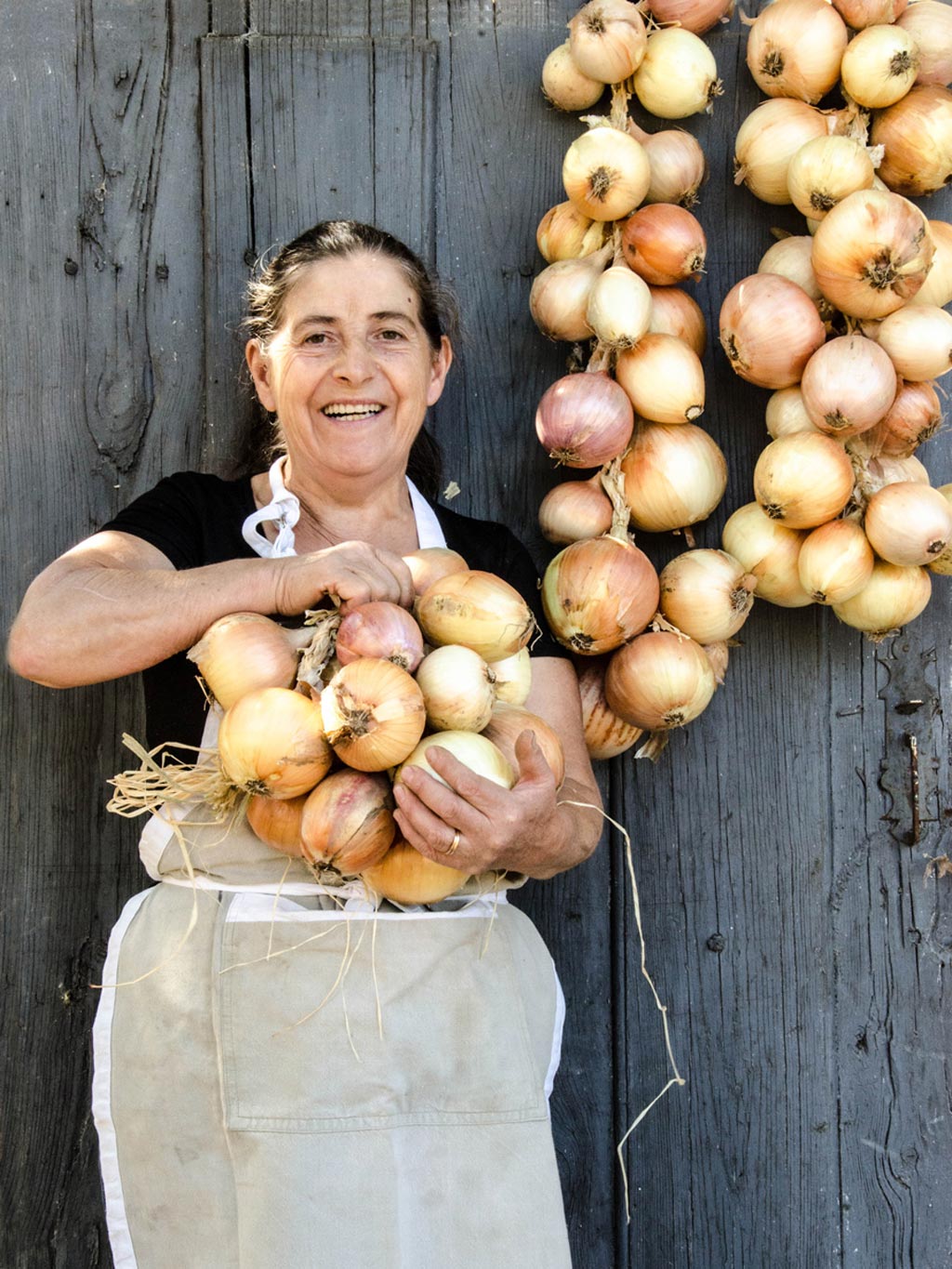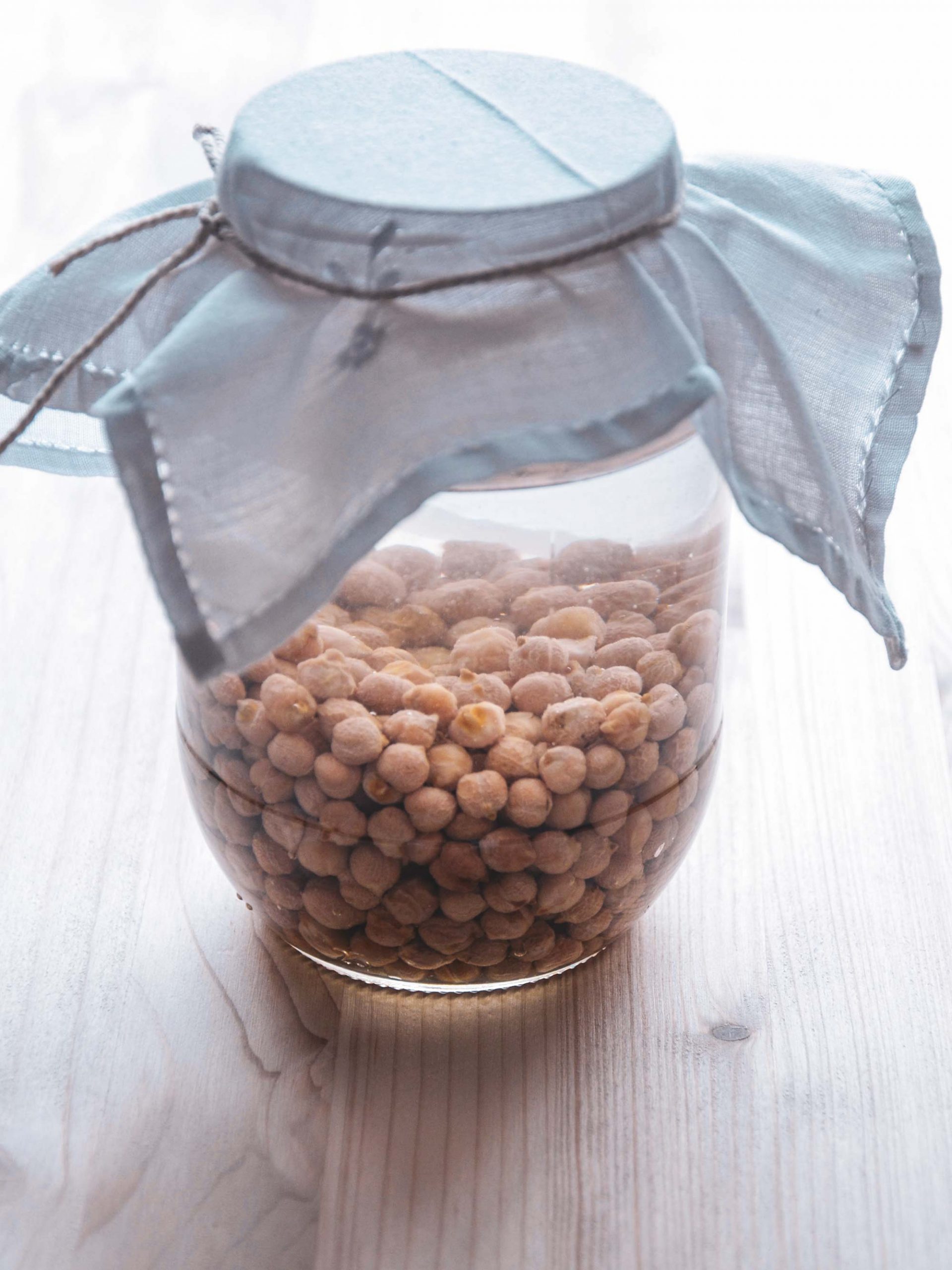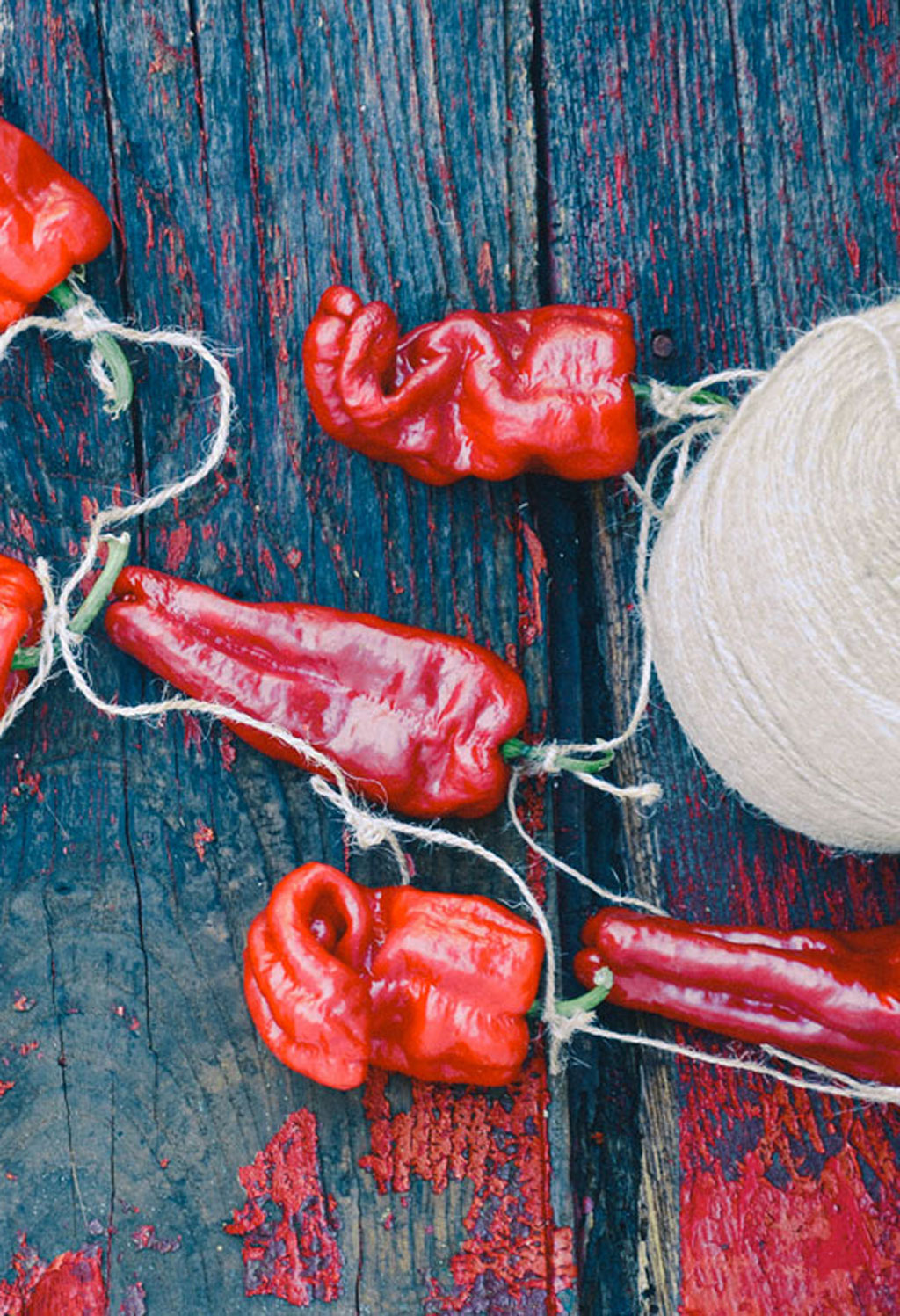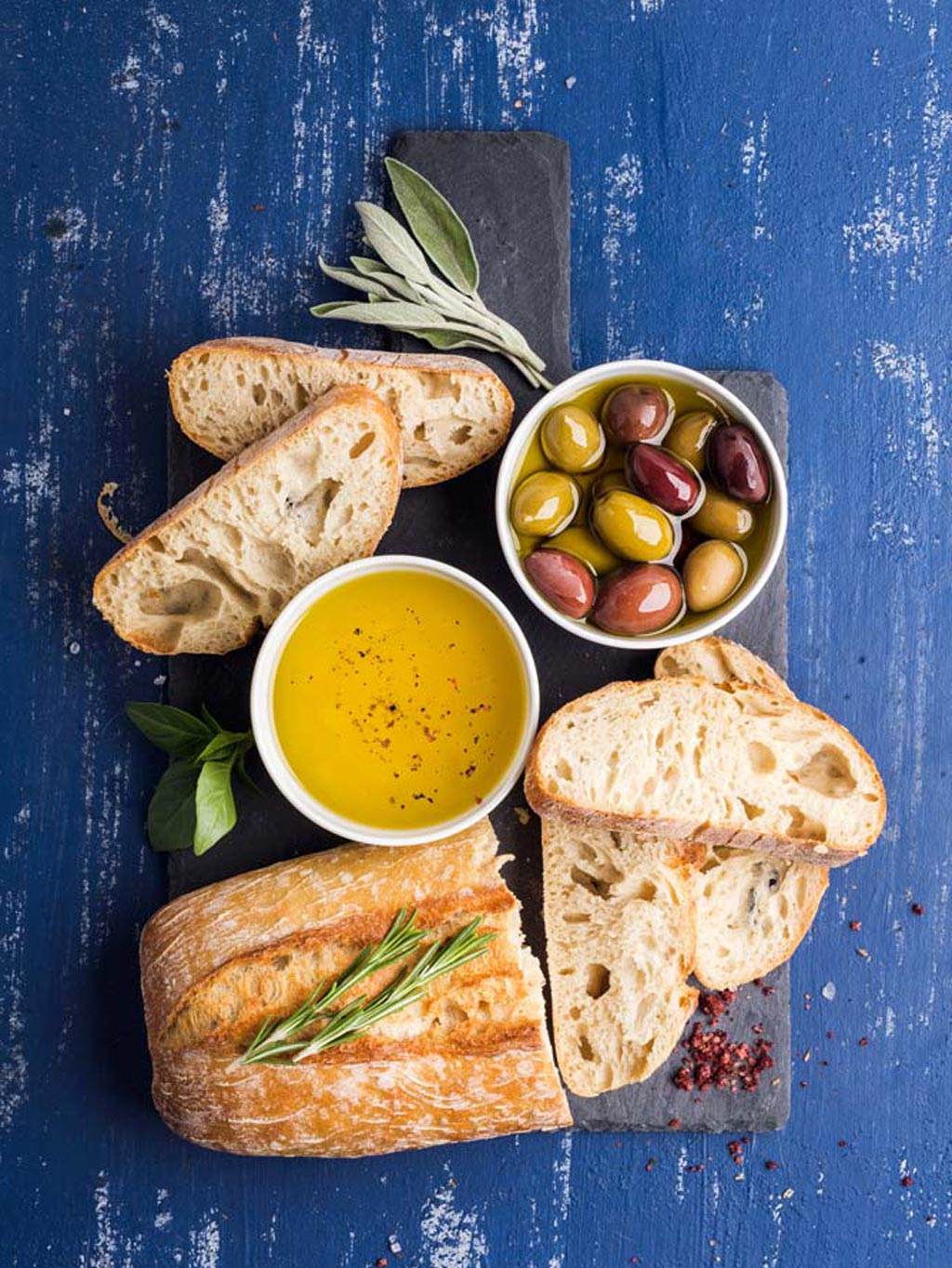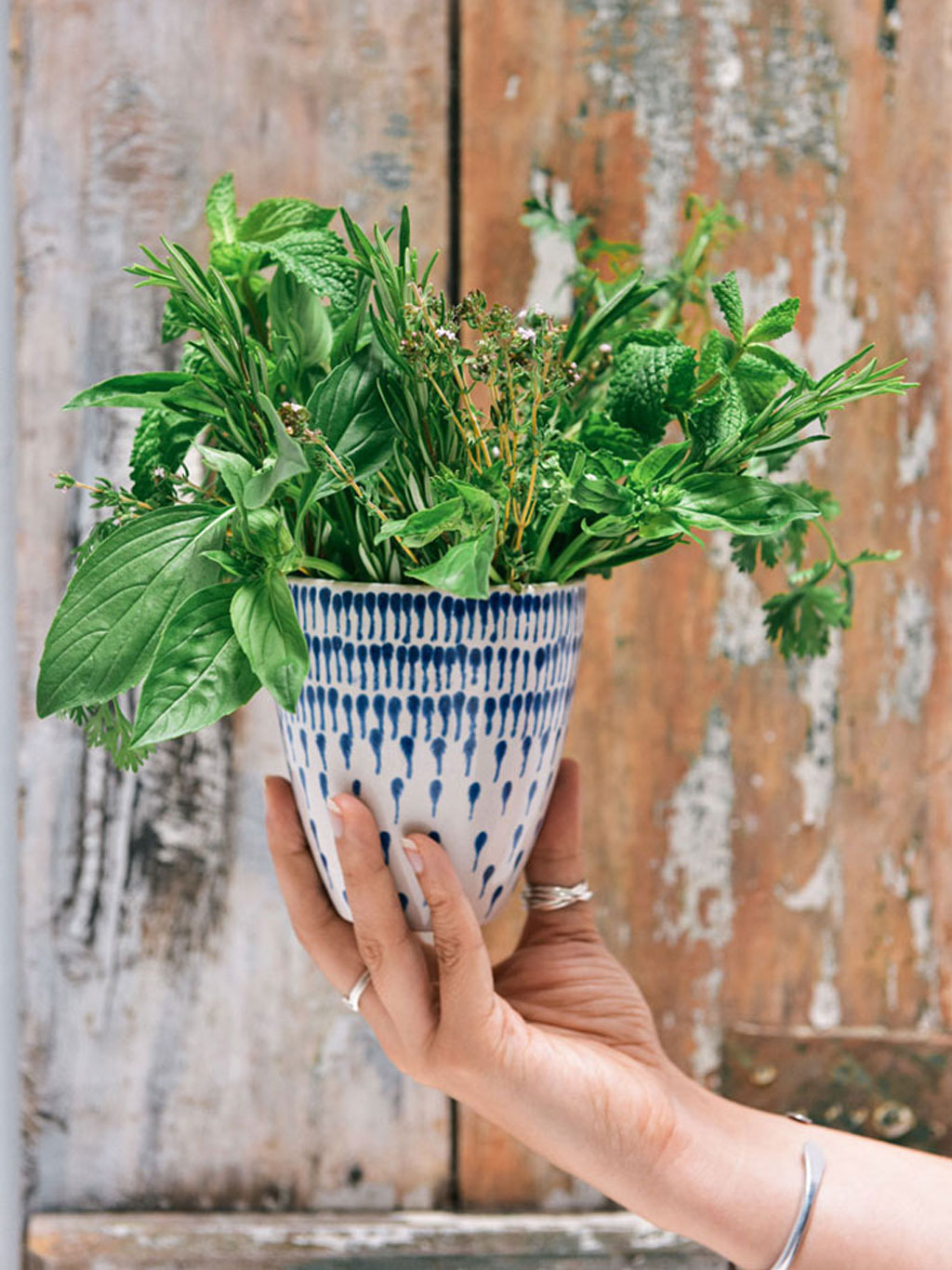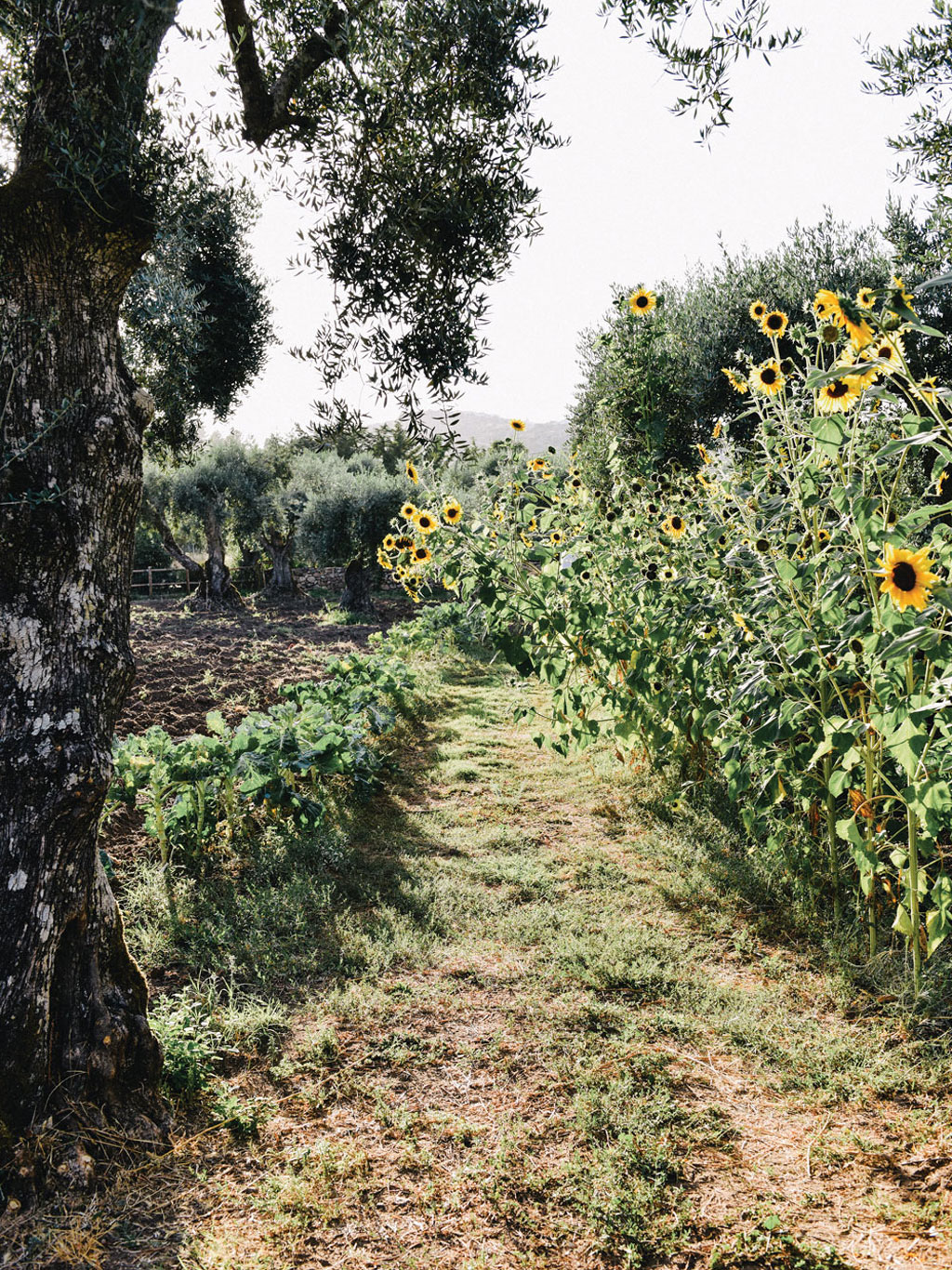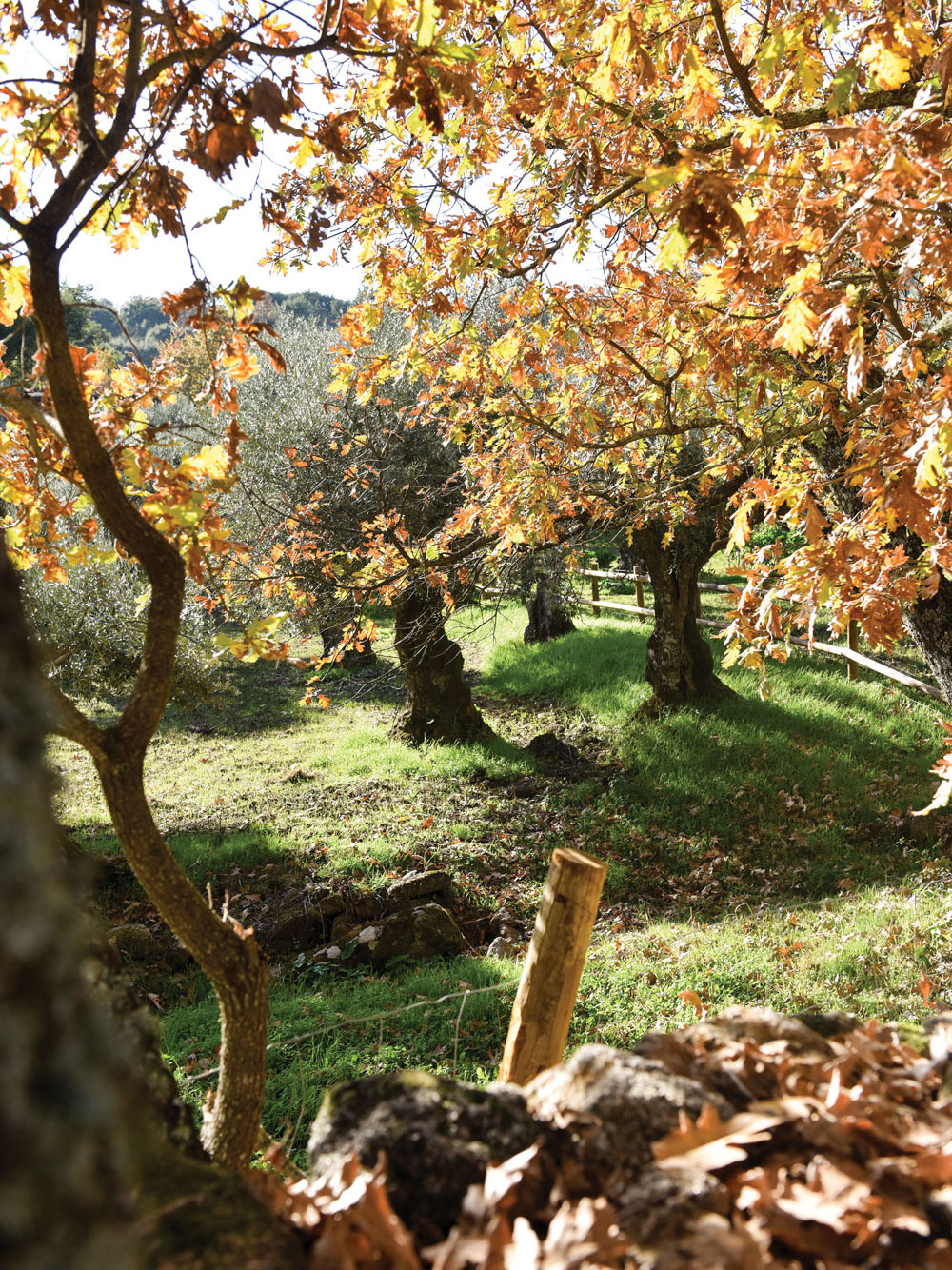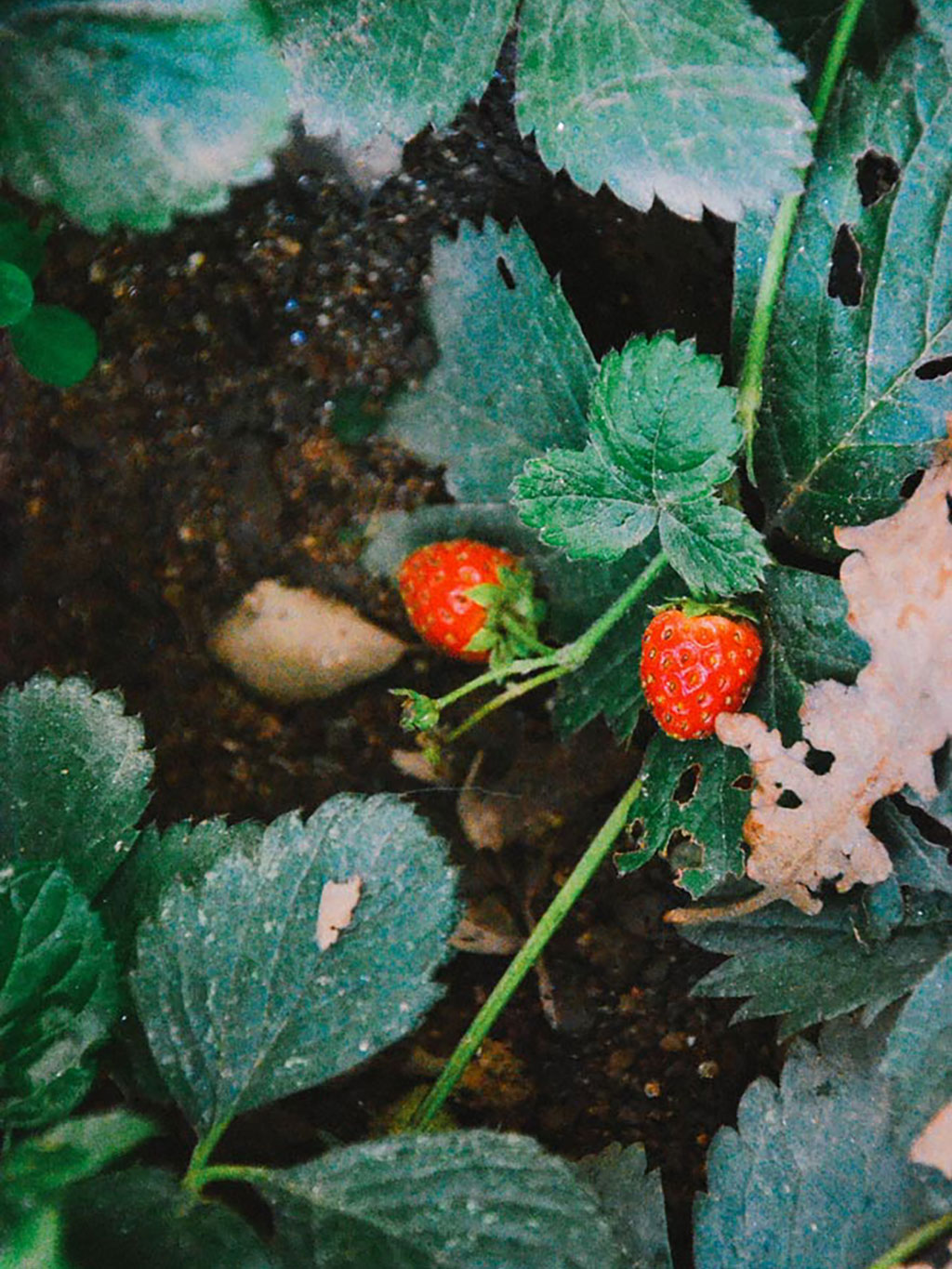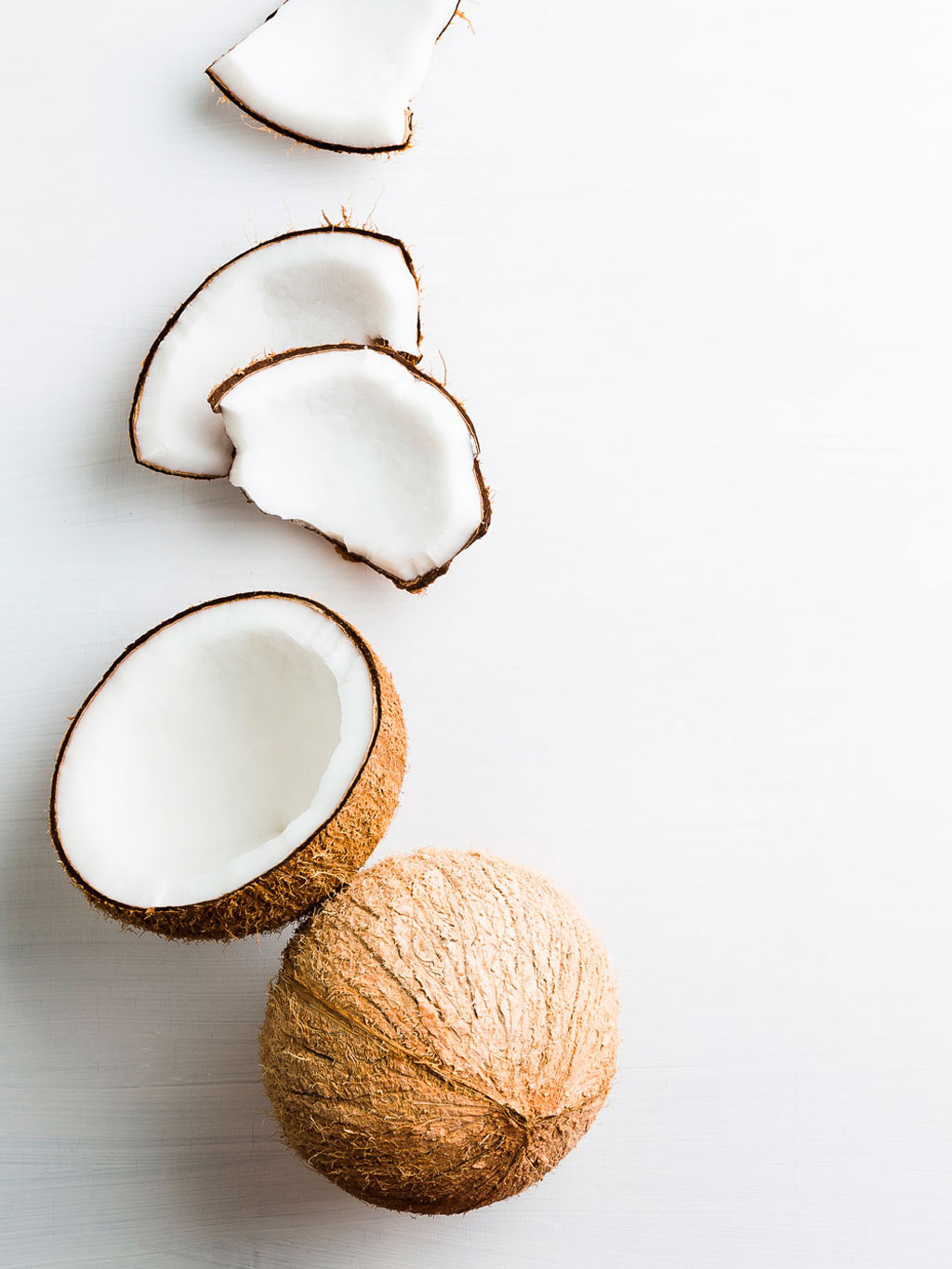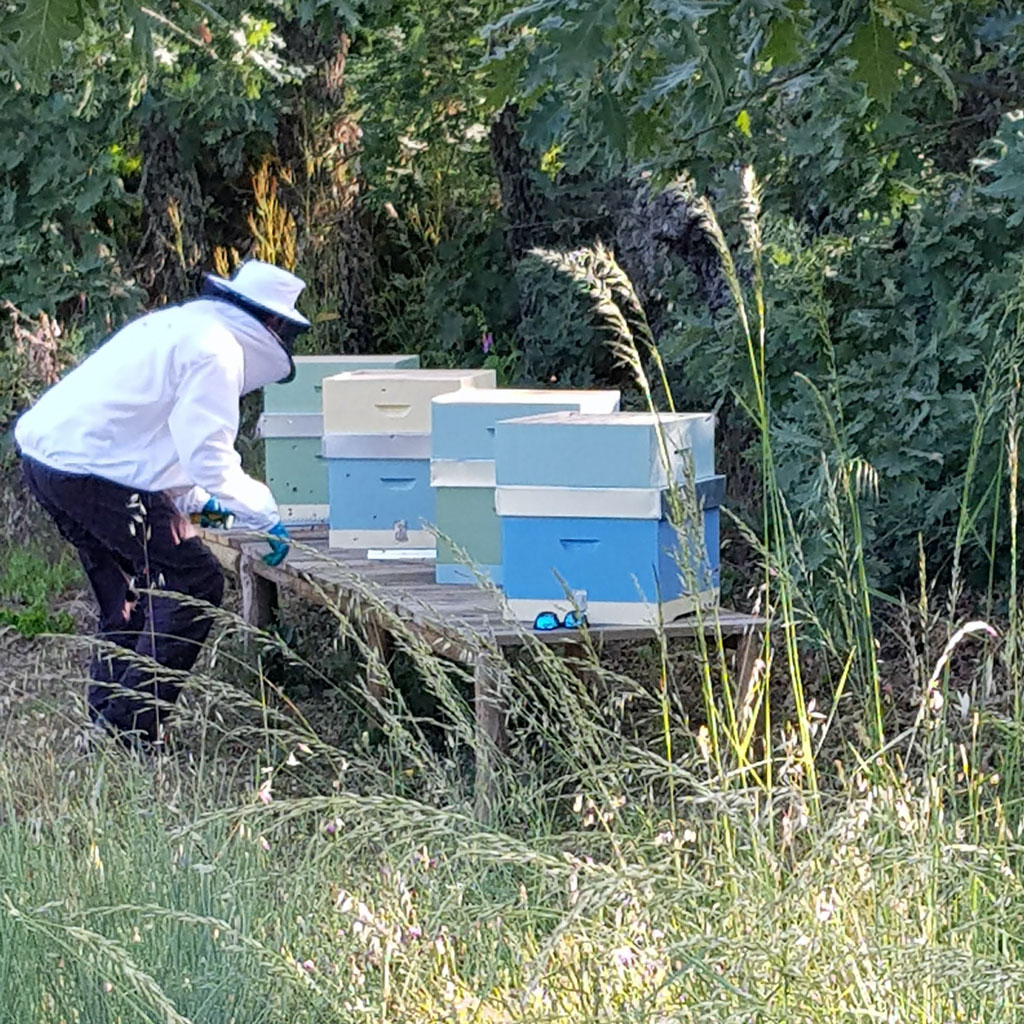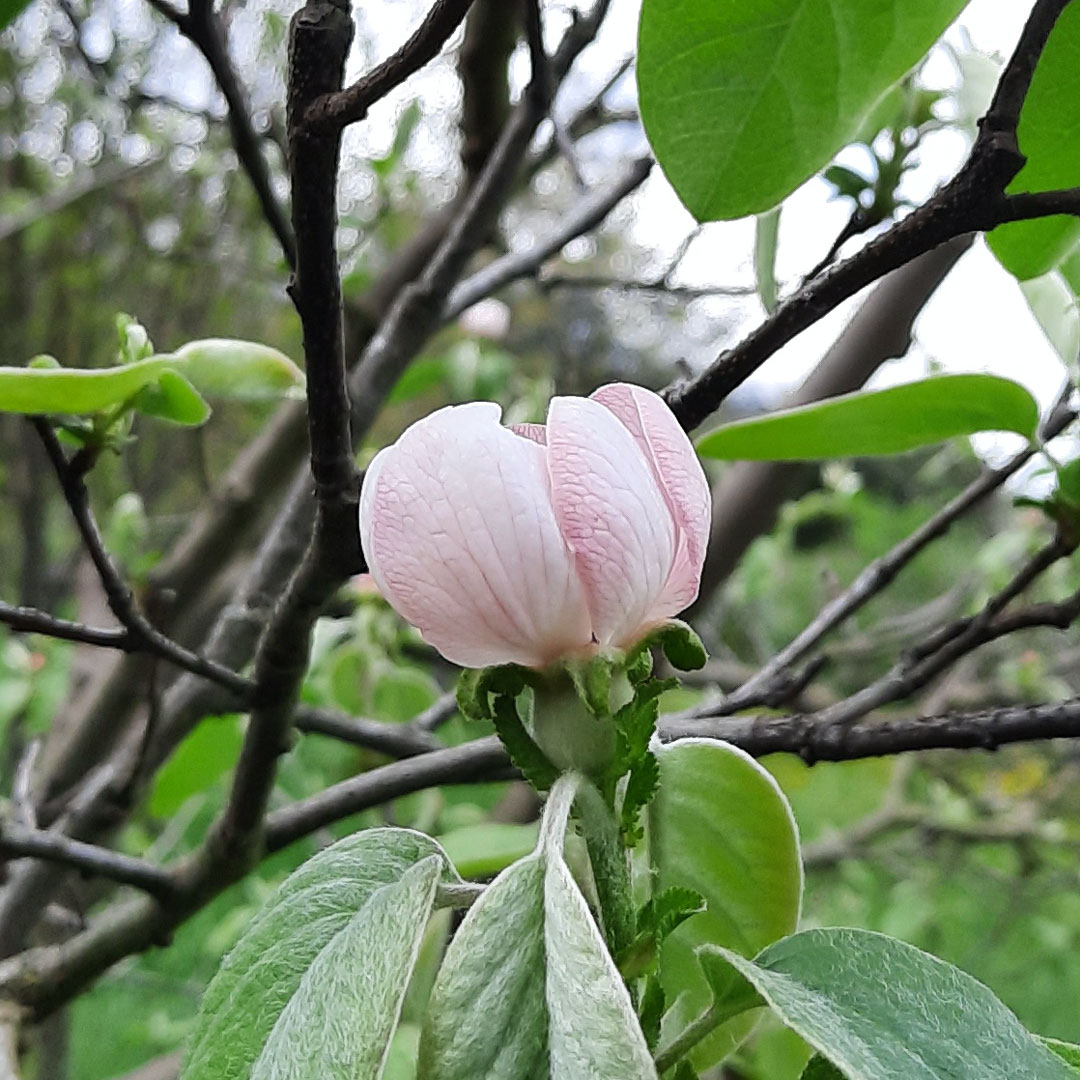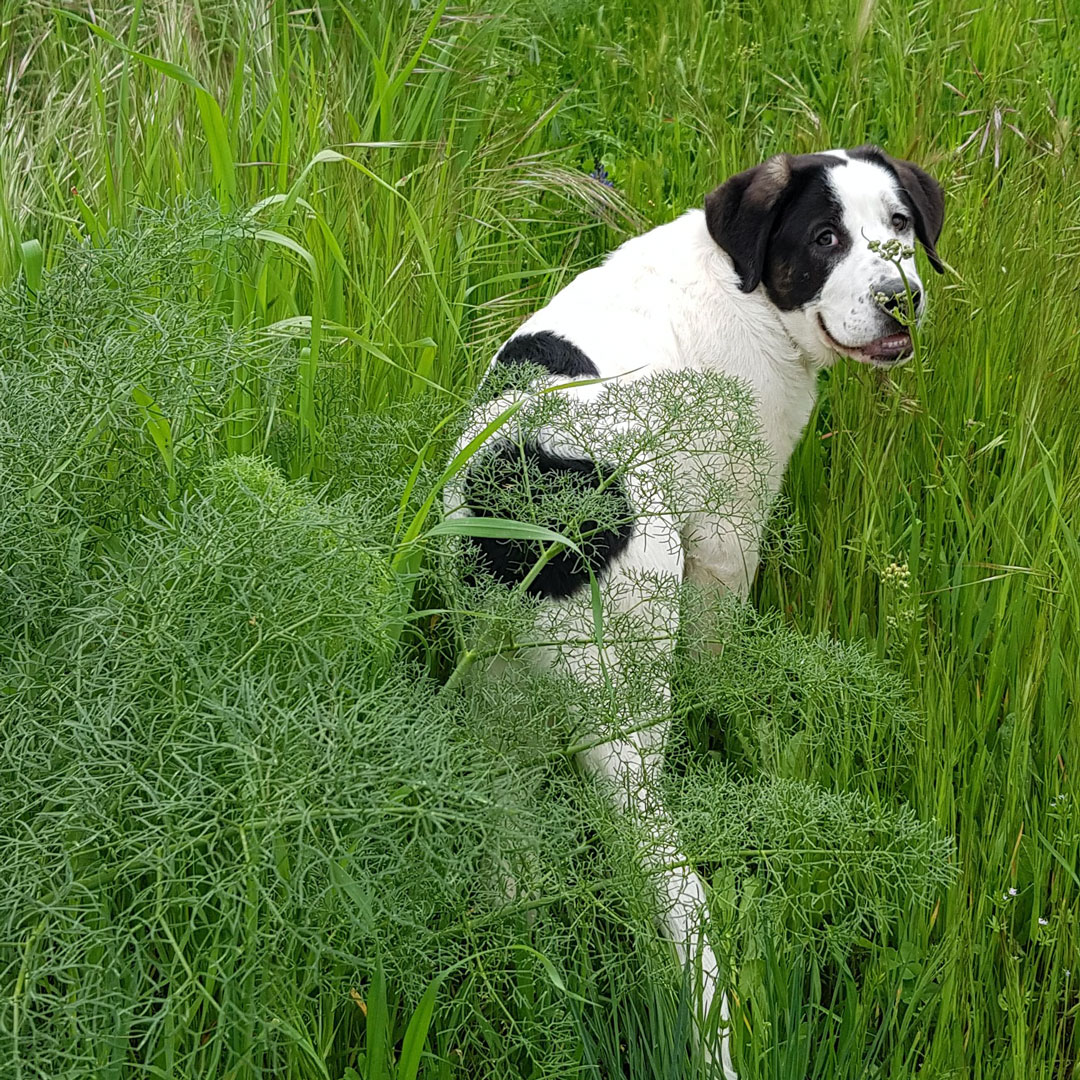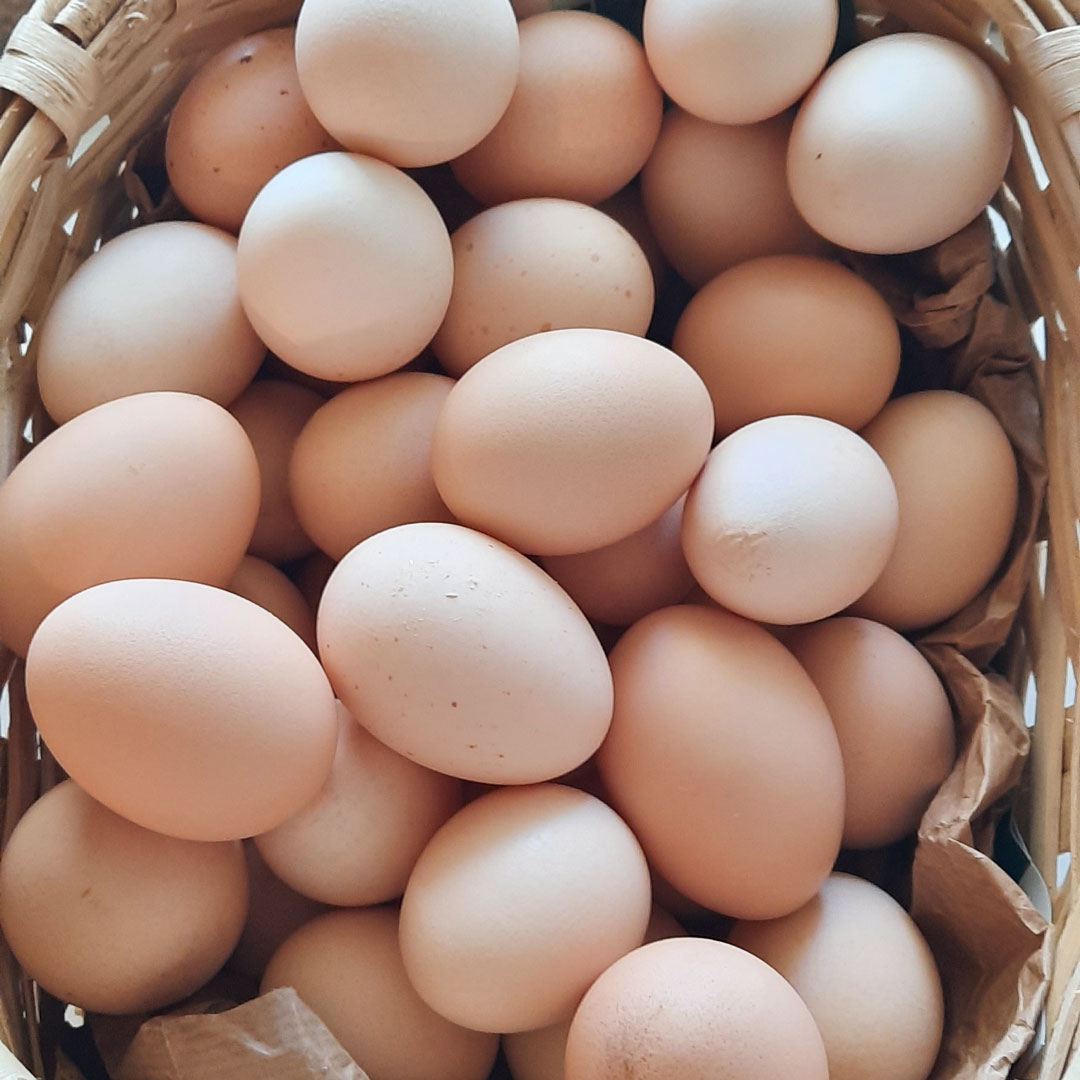But we have a problem
The soil has been reduced to simple physical-chemical support for cultivation and is treated aggressively, without considering its complexity and its life cycle or thinking about the risks to the biodiversity of the organisms that live in it. Up to the present, nothing concrete has been done to face the loss of fertility caused by the huge increase of agricultural and livestock production, as well as other industries.
It’s worrying because the trend is to get worse. And why?
We are already 7,2 billion people in the world, a number that tends to increase, and will stimulate the need for more food and a bigger demand for meat consumption. This will cause a pressure in the agri-food industry to produce more and more quantity in the same field which, obviously, implies the use of more and more intensive agriculture with synthetic fertilizers, pesticides and herbicides, high yielding seeds and monocultures, which will cause soil wear and reduce the soil fertility and, consequently, the production of low-quality food.
Plants, to grow and have the nutritional characteristics that make us feel good, comprise more than 20 chemical elements in their composition (for example the macro: oxygen, carbon, hydrogen, nitrogen, phosphorus, potassium, sulfur, calcium, magnesium; and micro: iron, copper, manganese, sodium, zinc, cobalt, aluminium, selenium, etc.)
Synthetic fertilizers, used in conventional agriculture, contain only 3 – nitrogen, potassium and phosphorus. It is possible to imagine the deficiencies that this creates in the soil, as well as in the foods that derive from it, and if we add herbicides and pesticides to it…
With the path that is being traced, we walk towards to a situation where man assumes to play the role of the soil, artificially supplying everything that is necessary for it to produce, meaning, the role of the soil is reduced to a substrate to maintain the seeds.
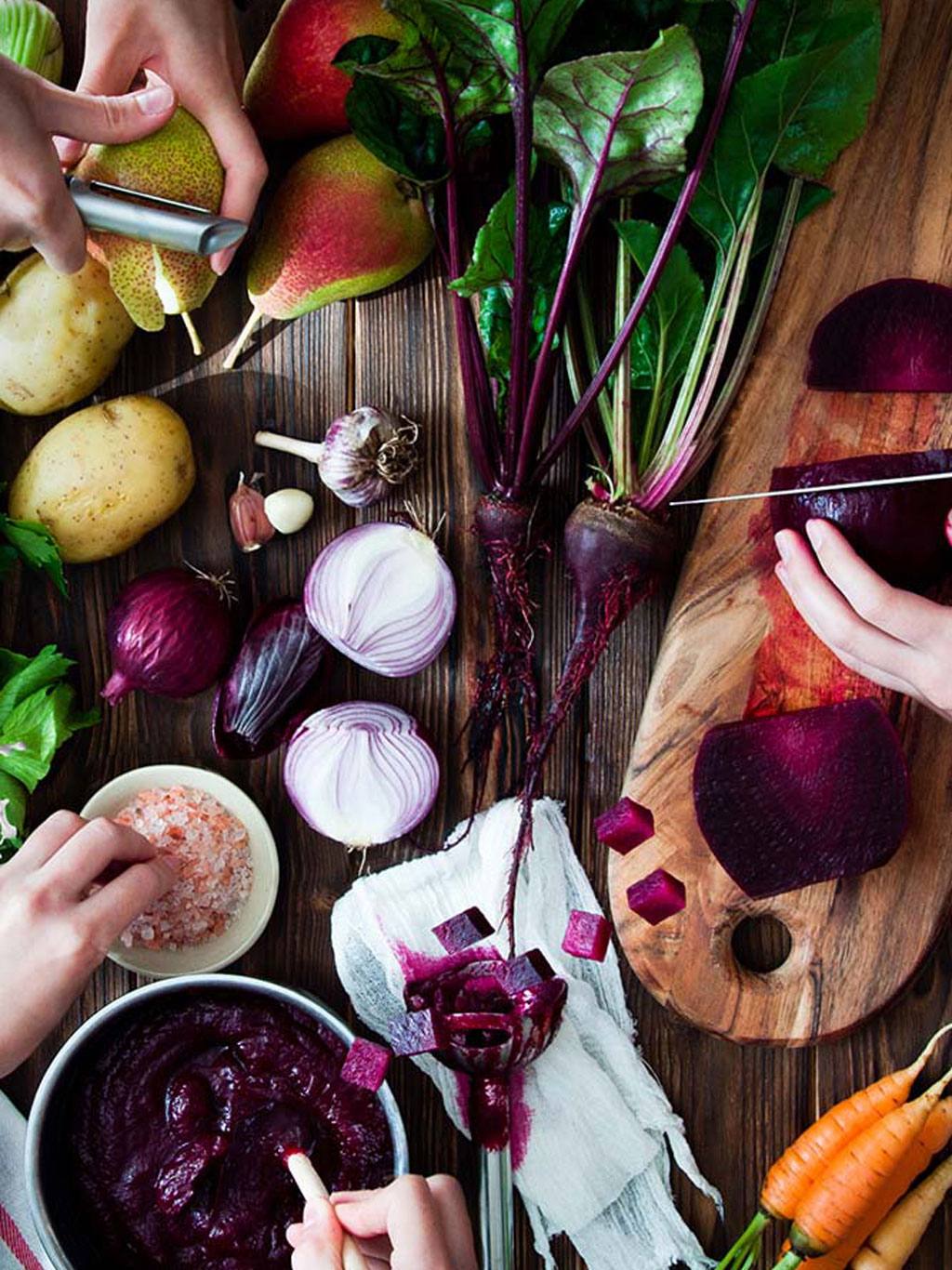
What does this mean for the soil?
1. That will no longer fulfil its vital role;
2. That will not be fed;
3. That will not have the opportunity to balance and regenerate on its own;
4. That will not be able to fix the carbon;
5. That fails to fulfil its role in the purification of water;
6. That after all the soil will be out of the equation!
But the sceptics will ask: does it matter?
After all, we must feed the world!
Considering that there is more biomass in the underground than above it, if we kill the soil, we will also kill an ecosystem, which is equivalent to make disappear all the living things that are above the ground. The risk of such an event sounds frightening to us and we can’t even imagine the consequences it will have! Therefore, it is urgent to change habits and practices.
Basically, it’s important to start thinking that we live in a system where everything is intertwined. On a simple comparison, is as if the soil is a complex of apartments, in which, if the neighbor on the 9th floor leaves the tap open sooner or later, the effects will be felt on the ground floor.
sooner or later, the effects will be felt on the ground floor. We can’t continually postpone an invoice that, at some point, we will have to pay.
We have to make decisions and work on them now, because all the choices we make in our day-to-day life will have an impact on the soil and the water, either by the food we choose, by the clothes we wear, by the products. Everything we use is directly connected to soil and water.
So what can we do to keep our soils fertile and productive for future generations?
It is essential to educate the consumer, give him information. The more informed the consumer is, the more conscious choices he will make.
Education has to start early. If we live our lives away from the soil how can we recognize its value? Since elementary school, we should promote children’s contact with the soil, show them that if we sow a seed and take care of it, a beautiful plant will be born. Agriculture should join the environment and geography’s studies, not only as a theory but also as a practice.
Encourage the preference for local and seasonal food. The consumer must understand the importance of eating what is origin from his country and region, to maintain biodiversity and a greater variety of cultures, and to be more sustainable. We don’t need to eat fruit that travelled 3000km to get to our hands.
Create consumer concern about how it was made and what contains the food he is eating. Being demanding forces the agri-food industry to change its attitude. It’s necessary to show the impact that eating habits have on the environment. We all have to understand that agriculture, food, nutrition and health represent one thing. Taking care of what we grow, how it grows, what it contains and how we eat has an inevitable influence on the public health and the health of the Planet.
Say no to genetically modified seeds and force the industry to clearly identify whether it does or not use GMOs.
As farmers, we have to create production systems that are in harmony with the environment, and adhere to agricultural methods that do no damage, reducing the use of fertilizers or synthetic fertilizers, opting for polycultures, crop rotation, green manures, preferring local varieties and, above all, betting on true innovation, that in which we use our intelligence to modify nature and be able to use its products without harming and impoverishing. We have to use the land for what we really need because in fact 1/3 of the food that is produced does not end up on our tables, it’s wasted, and that waste consumed important resources such as water and soil.
Nowadays, farmers who practise sustainable agriculture are a minority. However, the fact that an increasing number of people decide to choose what produces, shows that there are this concern and awareness.
If we want to maintain fertile soils, good water and living nature, we must have a collective attitude of change.
Only we, as consumers, will be able to provoke it, because the industry will only change if consumers demand it.
Sign the petition and make part of this movement to save the soil:
https://www.people4soil.eu/en

